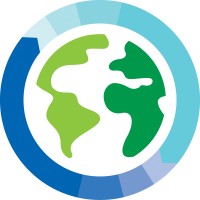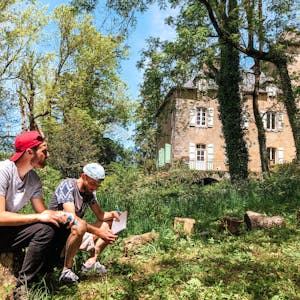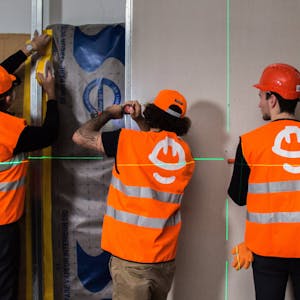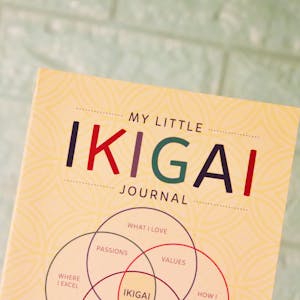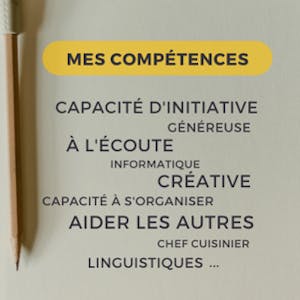Global Communities seeks the support of a Disaster Risk Management consultant, based in either Mexico or Honduras, to support a forthcoming project on disaster risk profiles and policy support in 5 Latin American Cities. The support would be required on a part-time basis for the duration of the 9-month project, which is anticipated to start in August, 2024.
Please note: This consultancy is contingent upon successful approval of funding. If approved, the consultancy would likely start in August or September of 2024.
Location of Work
The local consultant will mostly work from home, traveling to three different Mexico cities at least for a two-week city visit and three in-person workshops in each town over a period of eight months.
Background Information
Global Communities has partnered with Willis Towers Watson (WTW) to apply for a project which will include evaluation of risk assessments and disaster management policies in 5 Latin American Cities. A development project of ICLEI, co-financed by the Federal Republic of Germany through KfW, the project aims to facilitate the acquisition of insurance protection by 10 Latin American and the Caribbean cities against natural hazards to cover critical infrastructure and at least 7.5 million vulnerable people. For these purposes, ICLEI World Secretariat requires the services in the form of urban risk assessments (URAs) to support decision-making and policy-making by 10 local governments in Latin America to better manage urban risks, including a risk management plan indicating how much of these risks can be transferred to local insurers.
About The Consultancy
The local consultant for the disaster risk management would contribute within the country team to:
- Understand the current state of disaster risk management and financing at the national, subnational and city level;
- Identify risk mitigation measures and risk transfer solutions actually taken and to be taken to increase natural disaster risk resilience, the barriers, and opportunities for its implementation since the policy, regulatory, and implementation level
- Identify the main infrastructure in the city and the available historical data on the impact of climate-related risks produced on that infrastructure, vulnerable and poor population, and other group of interest identified during the project
- Facilitate the process with the Municipality and the stakeholder engagement process for proposing a risk transfer solution for the cities' prioritized infrastructure.
Scope of Work
- Qualitative research
- Identify relevant stakeholders working on DRM and climate adaptation at the city, sub-national and national level
- Participate and conduct interviews with key stakeholders.
- Desk research on the topics considered for the cities report as explained below
- Data gathering on the topics described below for report writing.
- Report writing: Research and meetings will result in a report worked together with the project team, which shall:
- Provide an overview of the current state and evolution of municipal DRM system, as well as, associated current and past local government initiatives. This will include the identification of:
- Framework pertaining to national, subnational and local DRM; DRM measures in place (incl. DRM governance, funding, mitigation/infrastructure measures, fiscal measures);
- Existing data sources (open and commercial) and available data about risk exposure and vulnerability to weather-related hazards and other natural hazards;
- Level of risk awareness and state of development and implementation of DRM plans at national and city level;
- Main actors and their responsibilities;
- DRM projects currently being implemented;
- Other city-level DRM stakeholders, particularly non-traditional stakeholder (non governmental organizations, business associations, etc.) and describe their role
- Available financial tools and resources -public or private- for DRM at city level and how those resources have been utilized in past events.
- Provide an overview of available information from historic costs of economic losses, livelihoods and losses in lives and prospective costs (if data is available) and sources of data at national and city level, including projections of future risks and costs associated with these risks.
- Identify current and past climate and disaster risk finance and insurance tools (if any), and distinguish them, for example, by risks and assets covered, if they are national or local, and how those have been implemented in past disaster events, identifying barriers and opportunities for cities to access to them. The revision would include a special revision of available tools for the protection of cities´ selected infrastructure to be protected;
- Identify potential new risk mitigation and adaptation measures and how to align those measures with existing municipal resilience programs;
- Understand what innovations are necessary to address the risk management and financing needs of the city- for example, (parametric) insurance products or blended finance instruments such as insurance solutions and investments supporting development finance in resilient infrastructure;
- Propose a potential climate risk transfer solution adapted to the protection needs of the Municipality of Tegucigalpa, addressing but not limited to the following questions:
- Project coordination and facilitation
- Organize meetings and workshops in the selected cities according to the project schedule and those additional needed for project objectives,
- Facilitate key stakeholder engagement and participation in project activities

